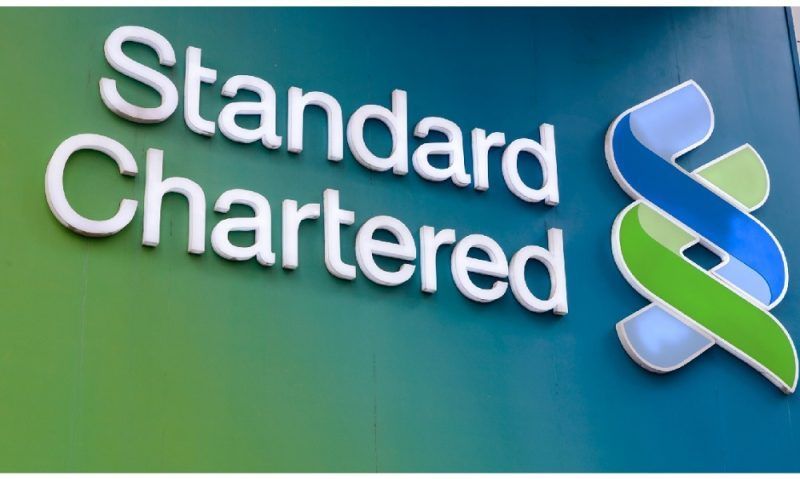StanChart plans to shut half of its branches in Nigeria in a digital push
Standard Chartered Nigeria to shut down 13 bank branches to focus on digital banking.

Standard Chartered Plc has announced that it is closing about half of its Nigerian branches in a pivot to digital banking.
The London-listed lender’s local unit has already commenced shutting down some offices in December. It will operate only 13 branches across Nigeria, down from about 25 previously.
Standard Chartered Nigeria is strengthening its mobile banking and is recruiting agents to reach new customers and handle cash deposits and withdrawals across Africa’s biggest economy, Bloomberg reported.
> **Related:** [Standard Chartered Nigeria launches a digital bank. Now what?](/standard-chartered-digital-bank-zero-charges/)The shift by StanChart mirrors efforts by Nigerian lenders to embrace digital banking amid a fintech boom that has put much of Africa at the cutting edge of the revolution in mobile money. Instead of opening more physical branches, banks including Access Bank and First Bank of Nigeria are also cutting costs by building networks of authorized agents, or people within communities to sell their products and services.
Standard Chartered has focused on corporate banking since establishing its presence in Nigeria in 1999. It recently looked to expand its retail base and outlined a target in 2019 to grow the number of its customers fivefold from 100,000 in about two years by using digital technology to on-board clients faster.
The bank also plans to start digital lending to process small loans quicker and increase the volume of retail credit, according to the people.
With a population of over 200 million people, more than a third have no access to financial services. However, Nigeria has seen an explosion in demand for payment solutions and lending outside traditional banking as businesses build on the rapid spread of mobile phones. Financial-technology companies have also benefited as customers seek to reduce physical contact during the pandemic.








Comments ()